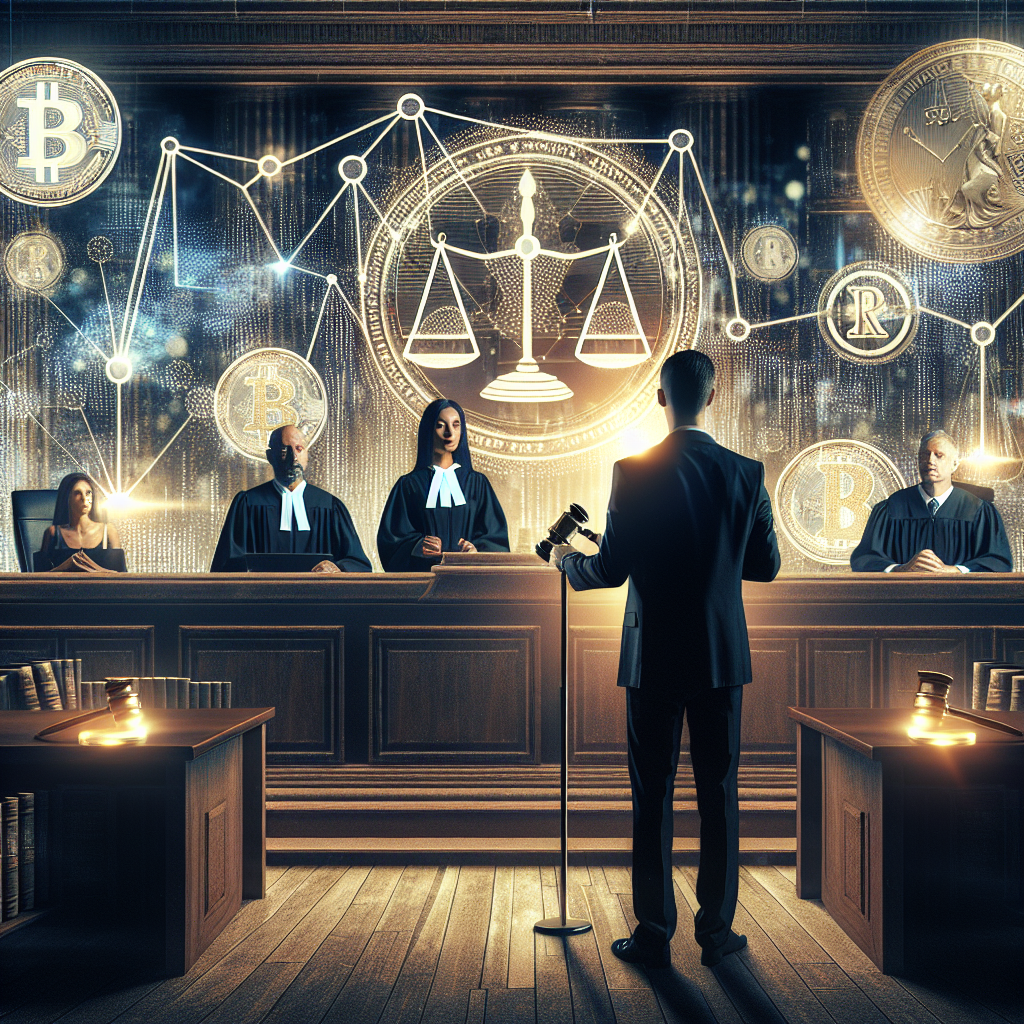Oregon AG Claims XRP as Unregistered Security in Coinbase Lawsuit
The cryptocurrency landscape is continually shifting, shaped by regulatory developments and legal challenges. Recently, a significant lawsuit has emerged, drawing attention to the status of XRP, a popular digital asset associated with Ripple Labs. The litigative spotlight focuses on Coinbase, one of the world’s leading cryptocurrency exchanges, as the Oregon Attorney General (AG) asserts that XRP should be classified as an unregistered security. This classification has profound implications for the cryptocurrency market and signals an evolving regulatory environment for digital assets.
The Allegations Against Coinbase
The lawsuit, brought forth by the Oregon AG, alleges that Coinbase operated in violation of state and federal securities laws by facilitating the trading of XRP on its platform. The AG argues that, given XRP’s characteristics and the nature of its issuance, it should be classified as a security under the Howey Test, which establishes criteria for determining whether certain transactions qualify as investment contracts.
Key arguments laid out in the lawsuit include:
The Oregon AG’s position is not merely an isolated stance; it resonates with broader regulatory scrutiny from the U.S. Securities and Exchange Commission (SEC), which has also argued that XRP qualifies as a security, thus subjecting it to the same regulatory frameworks as traditional securities.
Analyzing XRP’s Status: Security or Not?
The debate over whether XRP is a security has been ongoing since regulatory bodies began scrutinizing the cryptocurrency market. Understanding XRP’s classification requires an examination of its origins and its intended use, as well as the implications of being classified as a security.
What is XRP?
XRP was created in 2012 as a digital asset designed to facilitate fast and low-cost international money transfers. Unlike Bitcoin and Ethereum, which are often characterized as decentralized cryptocurrencies, XRP has a centralized issuance model controlled primarily by Ripple Labs. This centralized nature is a crucial element in the argument for its classification as a security.
The Howey Test Explained
The Howey Test is a legal standard used to determine whether certain transactions fall under the definition of securities. It involves four criteria:
Applying this test to XRP, the Oregon AG posits that all four factors are satisfied, thus categorizing XRP as an unregistered security.
The Impact of the Lawsuit on Coinbase and the Crypto Market
This lawsuit could have sweeping ramifications for Coinbase and the broader cryptocurrency ecosystem. Here are several potential impacts to consider:
The Broader Context: Evolving Regulations in the Cryptocurrency Space
As the cryptocurrency market matures, regulatory oversight has become increasingly critical. The recent actions by the Oregon AG reflect a growing trend among state regulators to establish clarity around asset classifications, ensuring that investors are protected and that the market operates within legal boundaries.
Several aspects underscore the significance of this regulatory evolution:
Ripple’s Response and Future Prospects
Ripple Labs has been vocal in defending its asset, asserting that XRP is not a security and operates as a digital currency. The company has taken measures to engage in regulatory dialogue, advocating for clearer regulations that allow for innovation while protecting investors. The outcome of this legal battle could either reinforce or drastically change Ripple’s operational strategies.
Moreover, Ripple’s defense will likely invoke arguments rooted in the functionality of XRP within its platform and its use case as a digital settlement asset. The company’s stance hinges on promoting education about cryptocurrency while emphasizing its utility as a digital currency for cross-border transactions.
Conclusion: What Lies Ahead
The lawsuit initiated by the Oregon AG stands as a pivotal moment in the dialogue surrounding cryptocurrency regulation and XRP’s categorization. As this case progresses, it is imperative for stakeholders—including investors, exchanges, and regulators—to closely monitor developments.
In navigating the complex landscape of cryptocurrency, ongoing litigation like this emphasizes the necessity for clearer regulatory guidance. The implications of classifying digital assets as securities can reshape not only the operations of exchanges like Coinbase but also the futures of countless cryptocurrencies.
The overarching narrative is clear: the call for regulation in the cryptocurrency ecosystem is growing, and how stakeholders respond may ultimately define the future of digital currencies in the U.S. and beyond.
Should the Oregon AG’s claims gain traction, the broader cryptocurrency market may face an inflection point, forcing a reevaluation of asset classifications and trading practices, thereby ensuring a more compliant and sustainable future for digital assets.




